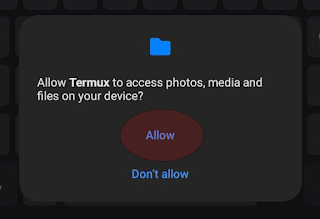Voice Cloning and the FTC competition to detect and prevent them
There have been many stories of how fake voice clones are being used to scam or mislead victims. Fake audio purporting to be of President Joe Biden, artists, TV personalities, and famous athletes has been reported in the news. They aim to convince people to perform an action, such as not vote or get a product or service.
Targeted phishing attacks against a person using fake voice clones of loved ones pretending to be in trouble are also used. The message asks the victim to transfer money to help out the relative who is in trouble. Imagine a phone call from your daughter, son, or partner asking you to transfer a few thousand dollars because they are in hospital, jail or have been kidnapped.
Even through this article focuses on audio fakes, the technology is
evolving. In February, CNN reported that a finance worker a
multinational firm was duped to pay out $25 million after video call
with deepfake of the CFO. He attended a video call with other members of
staff all of whom were generated. For an instance he did have his
doubts but acted on what his scenes reported that than what his
instincts told him.
The Federal Trade Commission (FTC) announced a challenge in January to prevent harm from AI-enabled voice cloning. The winning prize was $25,000. The challenge aimed to encourage the development of solutions to address the potential harms of voice-cloning technology. Submissions had to address areas related to:
-
Prevention or authentication so as to limit the use of voice cloning technologies by unauthorized users;
-
Real-time detection to identify whether a call is cloned or not;
-
Ability to determine if an audio clip contains cloned voices in it.
The rapid evolution of fakes means that these technologies are becoming better, more realistic, and cheaper to produce. When one is not paying attention or stressed (for example, during a call from weeping and shrieking relative), the likelihood of falling for the scam is high.
For general, wide-spreading scams, one should verify the claims on fact-checking sites.
For targeted attacks, the best solution is to use a secret word or phrase share only amongst family members. If you receive a call from them, ask them for "our special phrase".
Another method is to never react to the call; hang up and call the person on their phone.30 seconds will not make a difference!





Comments
Post a Comment